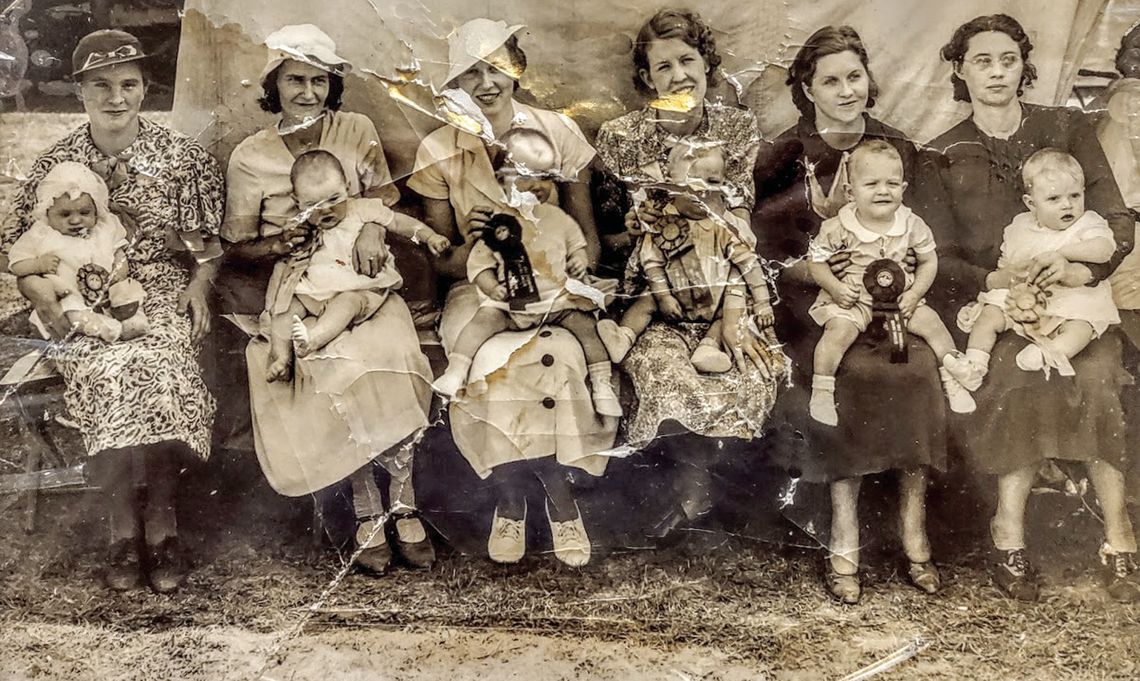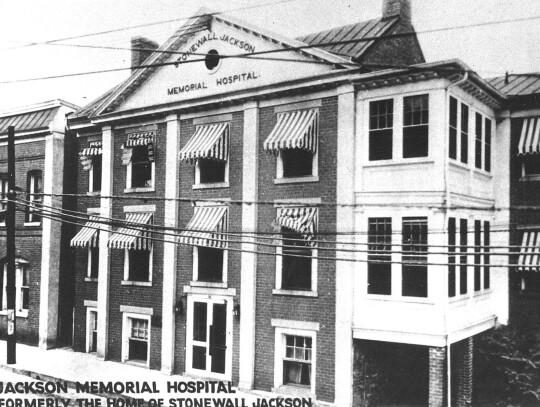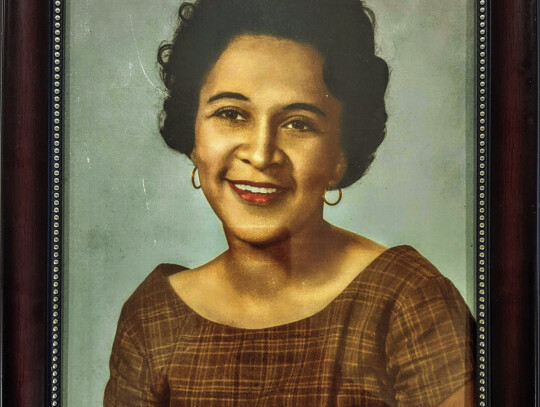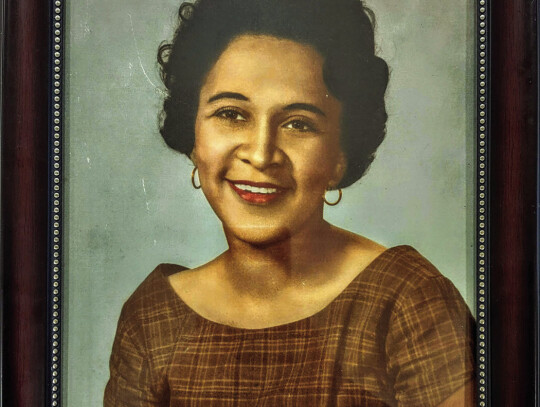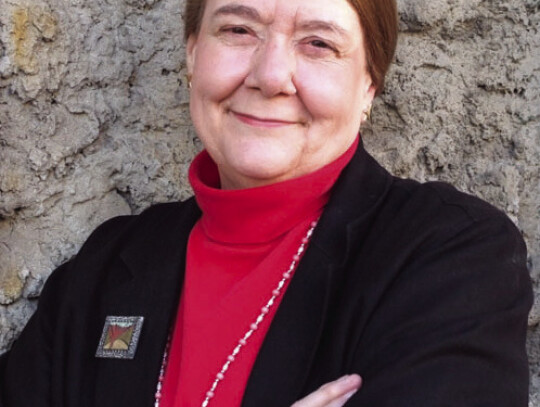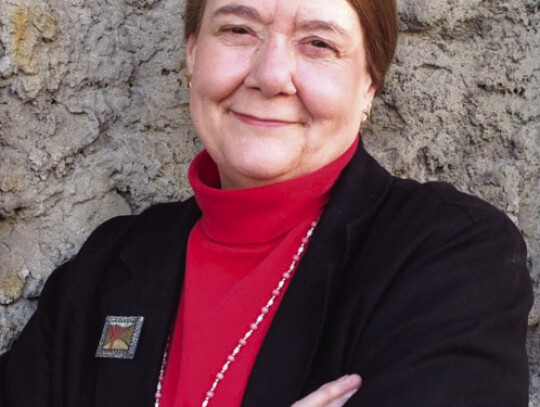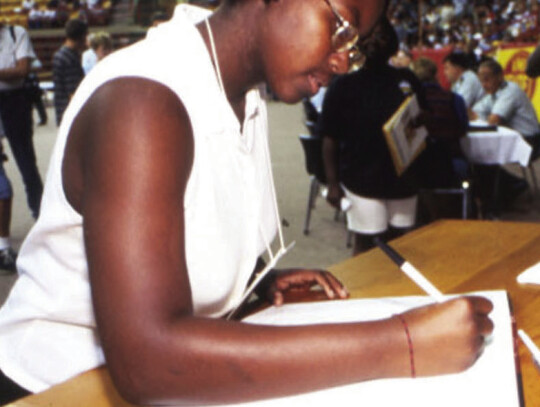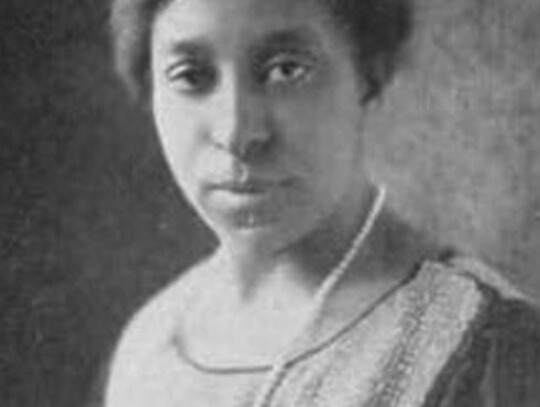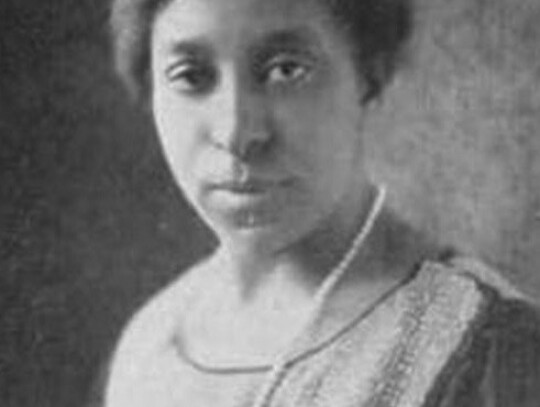Editor’s note: This article was written by Rockbridge Historical Society Executive Director Eric Wilson. Along with details on the upcoming community walk, and digital resources, it continues his occasional series of articles about the impact of local women’s histories across four centuries.
On Sunday, March 26, slip on your sneakers to stroll through town, and to cap Women’s History Month with shared energies and curiosities about this community’s local histories. Because good things happen in threes, reach out to invite two friends or family members to join the Rockbridge Historical Society’s free, intergenerational, and interactive 90-minute walking tour through the still advancing steps of Rockbridge Women’s History.
The range of figures represented here continues to grow, as does the number and variety of local experts and educators who are sharing their distinct perspectives in the fourth variation of this unique, collaborative community outing. For fuller details and biographical teasers through this week, follow the running stream of photos and profiles on the RHS Facebook page, as well as a sweep of fuller profiles and essays that we’ve accessibly archived at RockbridgeHistory.org/rhs-essays.
This year’s theme will hone in on women across the arc of the 20th-century, spotlighting their pioneering impacts on education and civic leadership. That expansive, inclusive lens can also sharpen our appreciation of their lasting impact, in and beyond Rockbridge, still today: chronicling the educational opportunities they seized themselves here, no less than their shaping influence as teachers and mentors.
An annually growing cast of leaders representing seven different local museums, schools, universities, and community and religious organizations will share brief presentations stationed in accessible greenspaces, parks, campuses, and historic sites looped throughout downtown Lexington.
The RHS Museum (101 E. Washington St.) will begin welcoming visitors at 1:30 p.m. to browse a range of relevant local history exhibits about notable Rockbridge women and women’s groups who shaped public sphere and citizens across four centuries, including others not discussed on the tour. After opening remarks at 2 p.m., the hour-and-a-half stroll winds through Main Street, Hopkins Green, and the Washington and Lee University front lawn, before arriving at First Baptist Church. There, a final presentation, complemented with even more historic displays, will be followed by refreshments in the fellowship hall for further conversation and camaraderie.
Paralleling this team effort, this year we’ve prioritized a deliberate focus on groups, organizations and cohorts of the area’s groundbreaking women, in order to complement more traditional accounts of notable individuals, while also including many new additions for returning walkers. Some of those historic role models’ lives are “thumb-nailed” in the “Story Stones” in the brick sidewalks on Main, Washington, and Nelson streets. Some are presented in newly illuminated contexts. Most are new additions, deliberately drawn from an ever broader and representative range of community life.
Natives and arrivals alike have both studied, taught and administrated in Lexington’s two neighboring universities. They’ve achieved acclaim from religious and public schools from across Rockbridge County (both segregated and integrated, gender-specific and co-educated). For generations, they founded, staffed, and led a range of businesses, as well as charitable, spiritual, and medical organizations. And at many different levels, these Rockbridge neighbors have distinguished themselves in military service and professional organizations that increasingly depended on women’s leadership locally, across Virginia, and throughout the United States.
Educator And Tennis Champ
To tease at just one of those leading ladies, here’s a preview of one locally shaped trailblazer, newly researched and highlighted for the first time here.
In the 1890s, after being orphaned at age 5, Lucy Diggs Slowe and her sister moved to Lexington to live with relatives. Despite the narrowing forces of Jim Crow, she was educated through her formative years at the “Colored Graded School” on South Randolph Street, one generation before Lylburn Downing School would open.
Her own educational career was part of a surprising, if rising, wave of local African American girls and boys advancing to colleges and universities at the turn of the 20th century. After moving to Baltimore to earn a high school degree, not yet an option for Black students here until 1944, she rocketed to new opportunities and achievements in Washington, D.C.
In 1908, Slowe would be named valedictorian at Howard University where she studied – coincidentally or not – with formerly enslaved Lexington native, pioneering suffragist, and Howard’s department chair in oratory, Coralie Franklin Cook. Just over a decade later, Slowe’s alma mater appointed her as a professor of English, and as the nation’s first African American dean of women. She also became the first principal of Washington, D.C.’s first middle school for African American students; served as the founding president of the National Association of College Women; and – in the very year she graduated – would famously become a co-founder and first president of Alpha Kappa Alpha, the country’s first Black sorority.
In her spare time, Slowe trained steadily enough to become the first national champion of the American Tennis Association in 1917, the first African American woman to win any major sports title of that scale.
Today, outside her former home in the nation’s capital, a historic plaque notes that she and her longtime partner Mary Burrill were “the best-known example of a same-sex couple in Washington.”
To learn the rest of her story – and those of her locally-shapedand- shaping peers – you’ll have to join Rockbridge neighbors, welcoming all ages and genders on this conversational tour.
On The Tour
New and returning presenters on the tour volunteering their time for the enterprise include Melissa Davis, librarian, George C. Marshall Foundation; Cathy DeSilvey, curator/registrar, VMI Museum and RHS board member; Tammy Futrell, W&L dean for Diversity, Inclusion, and Student Engagement; Grace Moyer, site director, Jackson House; Lynn Rainville, W&L executive director of Institutional History and Museums; Irene Thompson, deacon, First Baptist Church Lexington; and Larry Spurgeon and Eric Wilson, Rockbridge Historical Society president and executive director, respectively.
A few comments shared by these 21st-century leaders provide a fitting prologue to a continued “March of History.”
By centering on the 20th-century legacy of a historic site more known for one family than the thousands of local families it served for nearly 50 years, Jackson House Director Grace Moyer emphasizes those joint commitments and professional growth, through the years of what historians have often called the Era of the New Woman: “On June 1, 1907, the Stonewall Jackson Memorial Hospital opened its doors as Rockbridge County’s first community hospital. Its heart and soul were the women of the local UDC chapter who operated the site for nearly fifty years. Women led the institution through their roles in fundraising, nursing, and administrative support. They saw the community through two world wars, the Spanish Influenza, and the struggles of daily life. Their efforts ensured that a much wider range of local citizens had more access to proper medical care.”
In an interesting side note, in the very same year that the new, segregated hospital opened one block away: First Baptist Church hosted a Memorial Day fundraiser and opera concert, expressly welcoming a racially integrated audience of adults and children, with proceeds jointly directed “for the Jackson Memorial Hospital and [Lexington’s] colored cemetery.”
As a deacon at First Baptist herself, Irene Thompson stresses that for many decades women have been vital leaders both within and beyond their congregation.
“Their initiatives were vital in fundraising; in connecting with social and charitable organizations; in music and the arts; as Sunday school teachers and superintendents,” she said. “Many of our own members worked as teachers in local schools, both before and after desegregation, and we are proud to feature their contributions in our own church museum.”
VMI Museum Curator Cathy DeSilvey will turn to the nationally watched U.S. Supreme Court ruling in 1996, and to the subsequent institutional efforts, that gradually brought women into the VMI corps of cadets.
Her remarks will provide a fitting complement to Lynn Rainville’s parallel attentions on the tour to co-education at Washington and Lee University, just over a decade earlier.
“For 25 years, the self-selecting young women who have chosen to attend the Virginia Military Institute have challenged the institution to equitably meet their needs, to deploy their talents, and to appreciate their capacity to both sustain and evolve longstanding traditions,” said DeSilvey. “VMI’s female graduates have continued to carry their confidence, drive, and focus into careers in the military, arts and sciences, and the corporate world. On our tour, find out why VMI used the term ‘assimilation’ instead of coeducation. And you’ll learn how often-stubborn institutional commitments to specific customs and rituals created an even stronger, more resilient class of women citizen-soldiers.”
For more information about the tour, or for recommendations on what other themes or individual figures we might incorporate in new variations and K-12 school projects in years ahead, contact [email protected].
.jpg)
